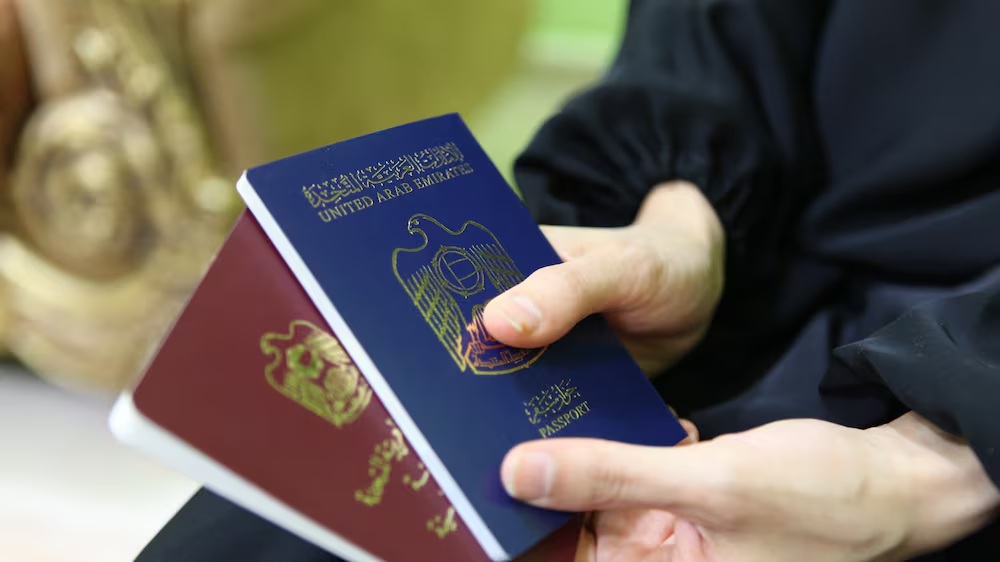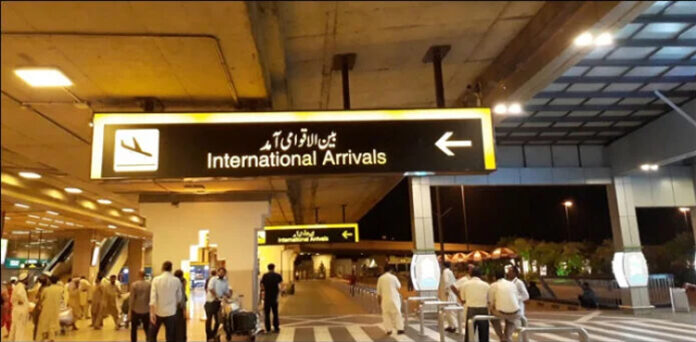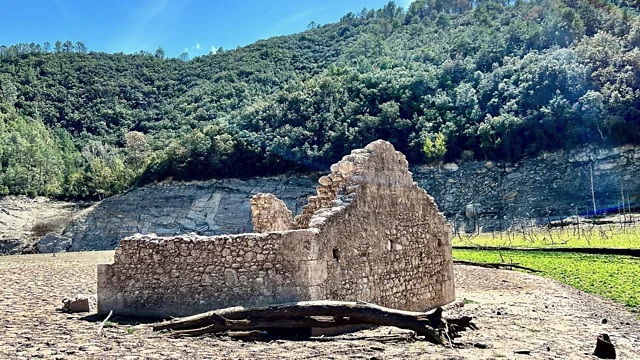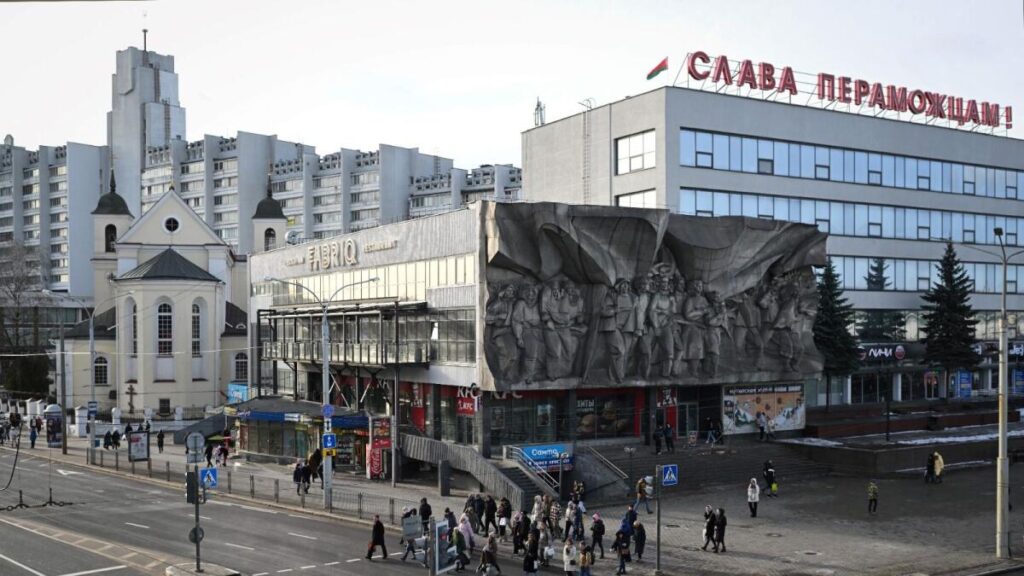
BEIJING (Reuters): China on Friday kicked into high gear on the eve of the annual Lunar New Year holiday, with travellers cramming onto trains and planes to head back to their hometowns and families preparing for traditional reunion dinner gatherings.
The country has been adding travel capacity to help smooth transportation after harsh weather threatened trips for millions returning home for the holiday. Some 1,873 passenger trains were added on one day across a vast railway network, a record according to state media outlet Global Times.
Railway activity ramped up after snow and freezing rain crippled train service earlier in the week, with some passengers stuck on trains for hours after power supplies were cut.
Several provinces rushed to upgrade emergency response measures to remove snow that restricted traffic flow on hundreds of highways, stranding passengers in cars. Authorities worked to clear ice off power lines and train tracks, and de-ice planes and runways at airports.
In the busiest travel migration period in the world, 13.1 million passengers rode on China’s national railway on Wednesday alone. That marked the first time during the Spring Festival travel rush, also known as Chunyun period, which daily passengers exceeded 13 million, according to Global Times.
In Shanghai on Friday, railway stations across the metropolis were expected to have 475,000 passengers, an increase of 61.7% over the same period in 2019, Shanghai government-owned The Paper reported.
For the two weeks leading up to the Spring Festival, the Shanghai railway network was expected to send 7,170,900 passengers, exceeding the total in the same period in 2019, The Paper said.
The eight day-long holiday officially begins on Saturday but many travellers opt to begin their trips earlier. It also marks a year since China fully lifted COVID-19 curbs that had disrupted the holiday for the three years prior.
The turbulent weather in central and south China during the Lunar New Year travel season, the worse seen in years, was expected to spoil trips home for hundreds of millions.
In 2008, unseasonably cold weather and ice storms across central and southern China killed at least 129 people, caused transport chaos and cut off power and water for millions as people struggled to get home.
Chinese weather forecasters predict normal seasonal temperatures in most areas over the next few days.








